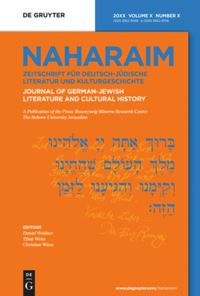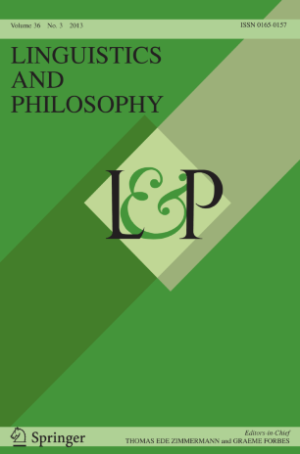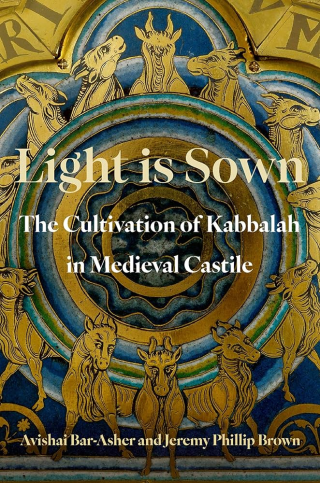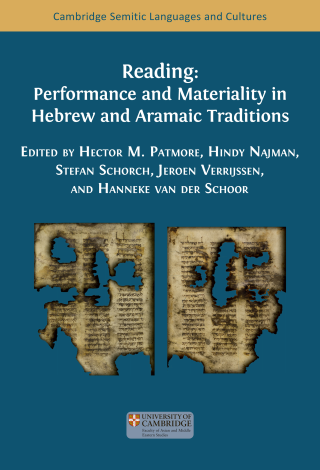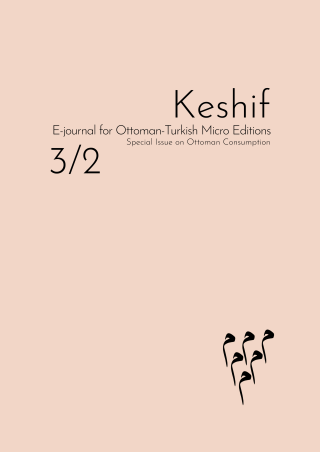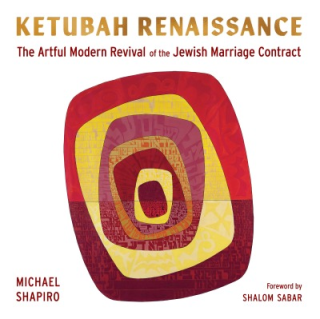-
12 Sep 2025 • Journal Article • Naharaim
Manfred Winkler’s Statuettes – Shy Monumentality
AbstractThe poet Manfred Winkler is hardly known as a plastic artist. This essay is a descriptive meditation on the unique style of his statuettes, said to embody a tension between distinct sculpture and raw matter. Influenced by Central European Modernism, especially Expressionism and Neue Sachlichkeit , Winkler maintains a unique style that bridges tradition and modernity
… show more -
8 Sep 2025 • Journal Article • Linguistics and Philosophy
Modeling linguistic causation
AbstractThis paper develops a formal methodology for capturing and representing the semantics of causal expressions in natural languages. Focusing on two causative constructions—covert causatives (change-of-state verbs) and overt causatives (the verb cause)—it provides a proof of concept for analyzing the distinguished meanings of different causative constructions. We adopt
… show more -
5 Sep 2025 • Journal Article • Jewish History
Introduction: Space and Time in the Middle East and North Africa
AbstractThis special issue of Jewish History explores Jewish communities in the Middle East and North Africa (MENA) through the lens of time and space. External forces—modernization, colonialism, nationalism, and migration—reshaped temporal and spatial categories, profoundly affecting communal, religious, and social structures. The articles highlight the agency of the Jews
… show more -
Sep 2025 • Book
Light is Sown: The Cultivation of Kabbalah in Medieval Castile
AbstractIn a pioneering monograph-length study of the theological journey of Moses ben Shemtov de León of Guadalajara—self-proclaimed "Light of the West" and presumed writer of the Zohar, the kabbalah's crowning literary achievement—Avishai Bar-Asher and Jeremy Phillip Brown reach bold new conclusions about the kabbalah's prominence in medieval Castile. Through rigorous
… show more -
22 Jul 2025 • Journal Article • Law and History Review
Witnesses, Judges: A Revolution Untold
AbstractWitness testimony in a judicial setting is commonly viewed as a form of evidence—a means to inform a judicial body of relevant facts in a given case. In this perspective, witnesses are merely instrumental to the process of adjudication. While this viewpoint provides a useful account of how we think of witness testimony in courts today, it is illsuited to the way witnesses
… show more -
21 Jul 2025 • Book Chapter • Reading: Performance and Materiality in Hebrew and Aramaic Traditions
Reading the Fifth Song of the Sabbath Sacrifice against the Loss of Its Performative Tradition
AbstractThe Songs of the Sabbath Sacrifice comprise a liturgical composition, as indicated explicitly in each song’s superscription which specifies its designated time and cultic context.1 One must assume, therefore, that the full significance of the Songs was not comprehended merely by reading it as a literary text; rather, it was experienced through ritual performance (Lieber
… show more -
7 Jul 2025 • Journal Article • Keshif: E-Journal for Ottoman-Turkish Micro
A Hebrew Expense Account from Edirne, c. 1735
AbstractAcademic interest in Ottoman food consumption and cuisine advanced impressively in the last two decades, both in correlation with the general trend of cultural studies and material culture; and with Turkey’s growing interest and attraction with its Ottoman imperial past.1 Yet, very little has been done in regard to the culinary culture of Sephardi- Ottoman Jews besides
… show more -
Jul 2025 • Book
Ketubah Renaissance: The Artful Modern Revival of the Jewish Marriage Contract
AbstractIlluminating the contemporary revival of the Jewish marriage contract, Ketubah Renaissance relays the storied history of this beloved document (known in Hebrew as a ketubah) through the present day and showcases sixty of the most innovative and beautiful ketubot of the last half century. Originally created 2,500 years ago as a unilateral marriage contract stating what
… show more -
10 Jun 2025 • Journal Article • Journal of Folklore Research
Traveling on a Dogsled to the Jordan Valley: Fieldwork in the Study of Folklore of Jews
AbstractThis article engages the transformation of fieldwork as an idea based on specific methodological practices, and the way different conceptions of fieldwork circulated and adapted to the study of the folklore of Jews. Doing fieldwork is not a theory, but as a concept and practice it travels between different disciplinary and ethnographic contexts. This article engages a
… show more -
Jun 2025 • Journal Article • The Palgrave Encyclopedia of Medieval Women's Writing in the Global Middle Ages
Women's Letters in the Cairo Geniza
AbstractThis entry offers a short overview of women’s letters found in the Cairo Geniza, a collection of medieval manuscripts that provides a rare glimpse into the lives and voices of Jewish women in the medieval Islamic world. Despite the systemic exclusion of women from formal learning and literary production in Jewish culture, the Geniza preserved at least 240 letters of
… show more
